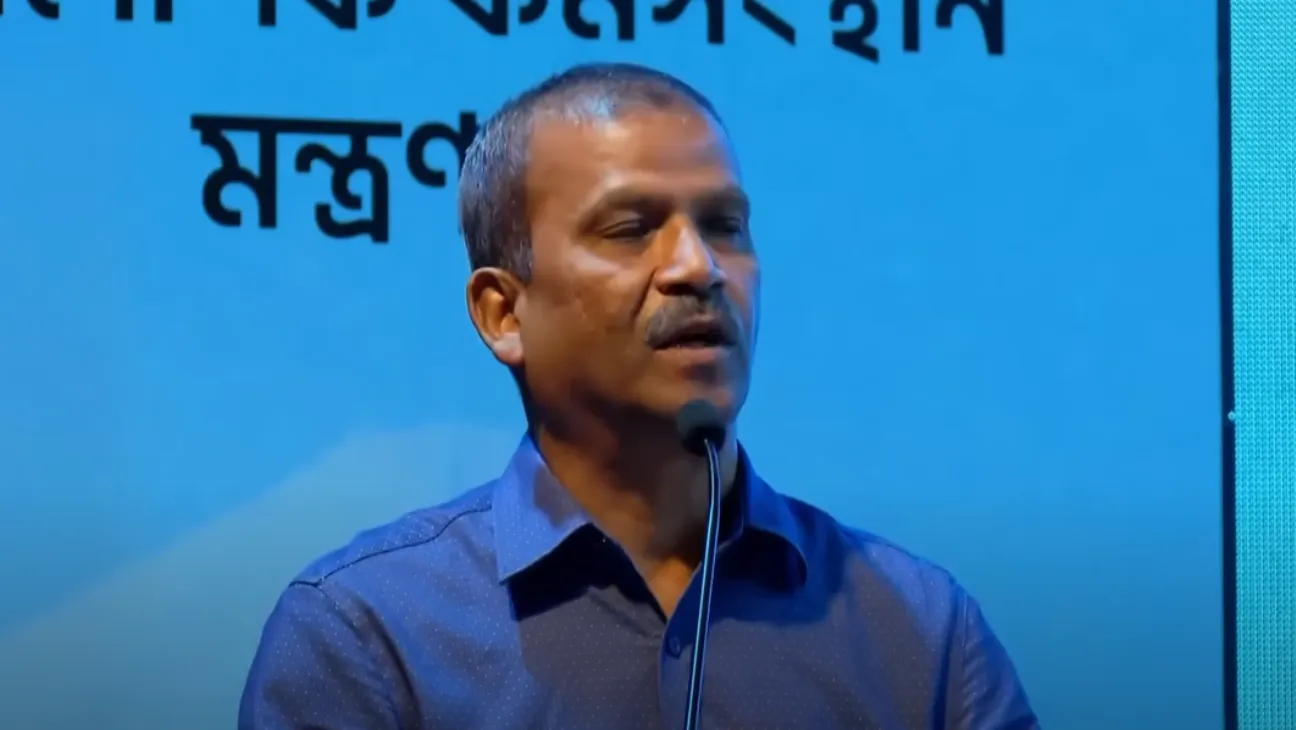Dr. Asif Nazrul, legal affairs adviser and professor at the University of Dhaka, has raised concerns over inefficiency in government offices, claiming that more than half of the employees in public departments do not actually do any meaningful work.
Speaking at a seminar organized by the Ministry of Expatriates’ Welfare, Nazrul criticized a bureaucratic system that he believes is bloated and dysfunctional.
“You walk into a government office and hear the same complaints. No cars, not enough computers, they say they need more people. But the reality is, half the people already there don’t do anything,” he said.
“Too Many Signatures, Too Little Output”
Nazrul pointed to how routine government processes, such as moving a file, require up to a dozen signatures. Most of them, in his view, are unnecessary.
“It’s just layers of people sitting there, kept on the payroll with no clear purpose. It looks more like a system built to hand out jobs than to get things done,” he remarked.
The issue, he argued, is not limited to government offices. He cited his own department at Dhaka University, saying it had 35 teachers, but 20 could have done the job. The rest, according to him, were hired based on political connections or identity rather than merit.
Mismanagement and Hiring Practices
Nazrul believes poor staffing practices are undermining public service quality. He said hiring too many underqualified or politically favored individuals is creating more problems than solutions.
“There’s a serious mismanagement of human resources. We’re filling positions, not solving problems,” he said.
He also pointed out that wasted money is bogging down the whole system, killing productivity and making it harder to get anything done.
His comments are landing at a moment when people are already demanding a change, with young professionals and other groups fed up with bad government services.
So far, the ministries he called out have stayed silent. But his words have kicked off a fresh debate about what’s wrong with our public institutions and who they’re really there for.









